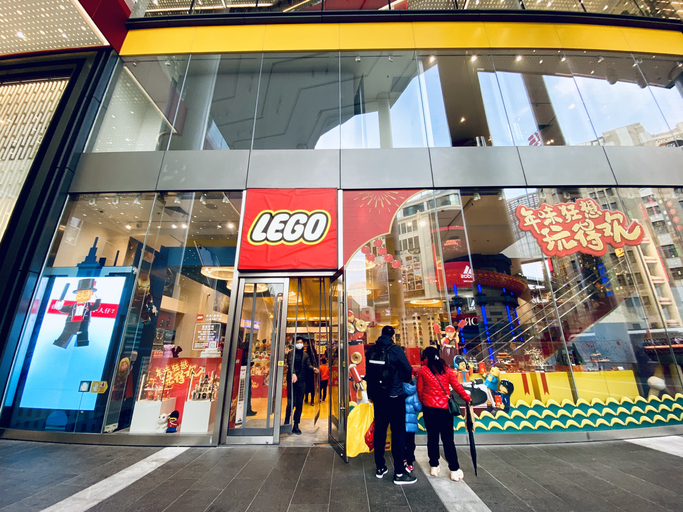On 1 April 2020 the Guangdong Higher People’s Court announced that it had awarded Danish toymaker Lego Rmb30 million (approximately $4.58 million) in damages for trademark infringement and unfair competition against Guangdong Meizhi Zhijiao Technology Co Ltd and three other defendants.
The amount was increased tenfold compared to an earlier decision by the Guangzhou Intellectual Property Court, which awarded Lego Rmb3 million. The increase is part of a trend whereby higher compensation amounts are being awarded by China’s courts, particularly in cases involving intellectual property.
Appeal
In this case, both sides appealed the judgment of the Guangzhou IP Court. The defendants argued that the compensation amount of Rmb3 million was excessive, while Lego believed that such amount was insufficient.
Dissatisfaction with the level of compensation is one of the main drivers for bringing appeals in China, and this case is an example of this from both sides.
It is worth noting that the final award of Rmb30 million was actually the original amount requested by Lego during the first-instance trial.
Current trend
Increasing the amount of compensation is becoming commonplace, especially for cases involving intellectual property. This has been reflected in legislation as the maximum amount of statutory compensation increased from Rmb3 million to Rmb5 million in the revised Trademark Law and Anti-unfair Competition Law in 2019. In terms of the Copyright Law, the maximum amount jumped from Rmb0.5 million to Rmb5 million in the 2020 revision.
The original Rmb3 million award by the Guangzhou IP Court was calculated using the previous maximum statutory compensation under the Trademark Law and Anti-unfair Competition Law.
Decision
The Guangdong Higher People’s Court considered three main aspects in determining the infringement and calculating the amount of compensation:
- The seriousness and malicious nature of the infringement: here, the infringement was found to be long-term, extensive and highly profitable. Several of Lego’s marks were imitated, including eight registered trademarks and one influential product name (ie, an unregistered trademark that can claim protection under the Anti-unfair Competition Law as an established product name with a certain influence).
- Profits from related industries: these can be used as a reference by calculating the benefits of infringement obtained in the same or adjacent industries.
- The reputation of the trademark involved: the scope and extent of the judicial remedies should be compatible with the reputation of the trademark.
Outlook
The judgment of the Guangdong Higher People’s Court is now in force and final. Under certain circumstances, the parties may apply to the Supreme People’s Court for a retrial, subject to examination and approval. However, before the initiation of a retrial procedure, the judgment continues to be enforced.
This is not the first victory for Lego, with multiple cases ongoing and several positive outcomes already obtained. These include a criminal case heard in Shanghai last year and a case before the Shantou Intermediate Court.
These cases have become typical examples of how China’s courts are cracking down on IP infringement, in particular against international brands. Many have been hailed as landmark decisions and hold significant influence in the IP arena.
Lego’s victories may encourage more foreign IP holders to enforce their rights against infringers in China.
This article first appeared on WTR Daily, part of World Trademark Review, in April 2021. For further information, please go to www.worldtrademarkreview.com.





